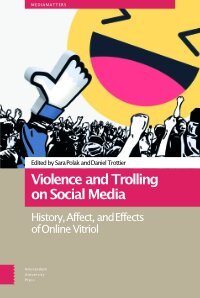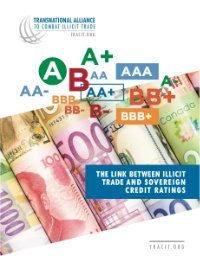Edited by Sara Polak and Daniel Trottier
.History, Affect, and Effects of Online Vitriol. “Trolls for Trump', virtual rape, fake news - social media discourse, including forms of virtual and real violence, has become a formidable, yet elusive, political force. What characterizes online vitriol? How do we understand the narratives generated, and also address their real-world - even life-and-death - impact? How can hatred, bullying, and dehumanization on social media platforms be addressed and countered in a post-truth world? This book unpicks discourses, metaphors, media dynamics, and framing on social media, to begin to answer these questions. Written for and by cultural and media studies scholars, journalists, political philosophers, digital communication professionals, activists and advocates, this book makes the connections between theoretical approaches from cultural and media studies and practical challenges and experiences 'from the field', providing insight into a rough media landscape.”
Amsterdam: Amsterdam University Press, 2020. 267p.






